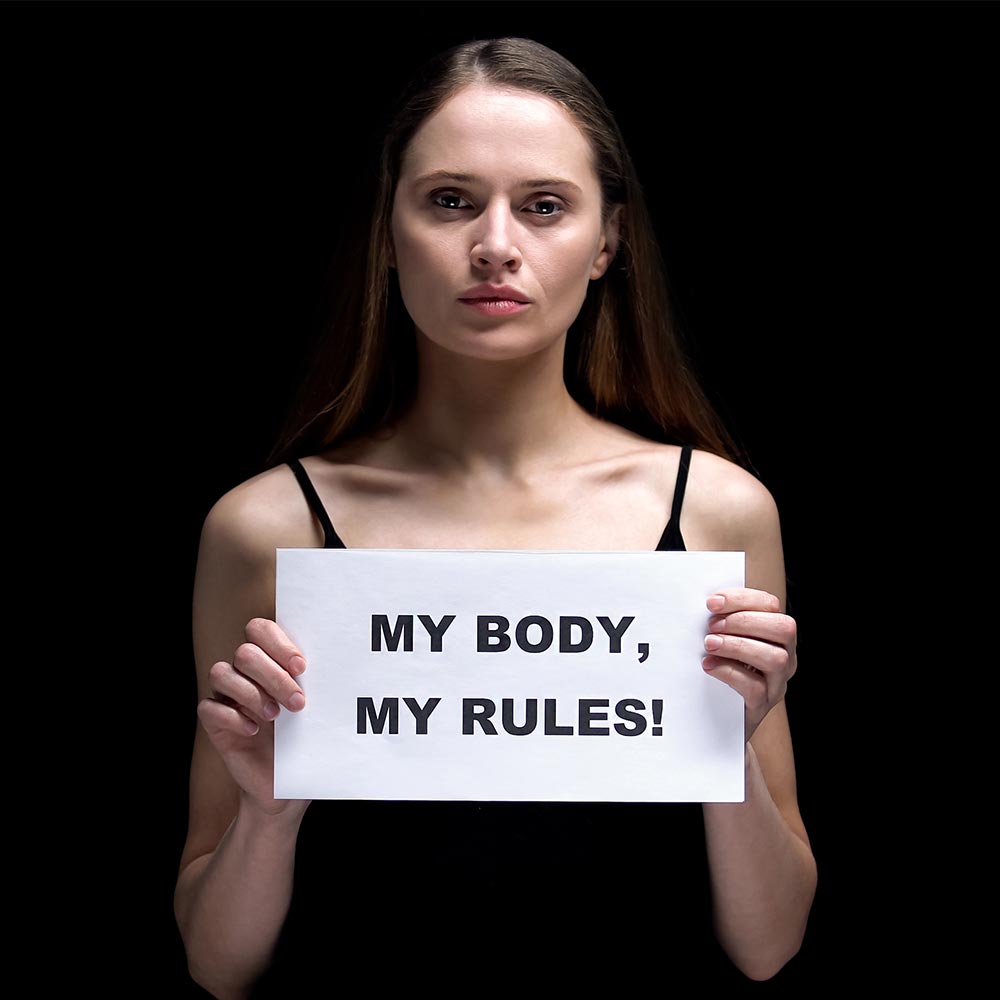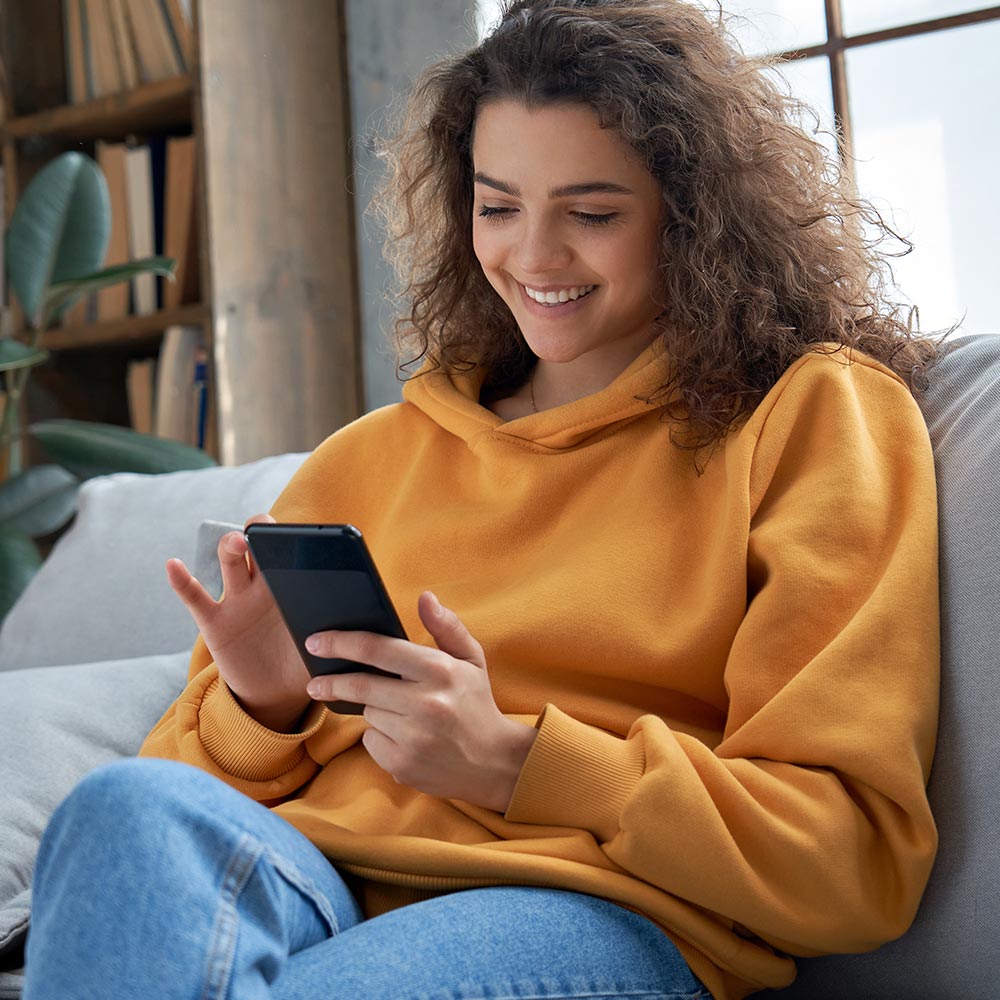When I was 15 years old, my experience of female dynamics was limited to the girls in my school, classes and neighbourhood. We spoke of our first crushes, helped each other with studies, and comforted each other through bouts of self-doubt. I always kept my female friends close; I knew there was something very empowering about sisterhood.
Back then, before social media boomed, I joined a platform that which claimed itself to be the world’s first all-girls community. While it was launched to give young girls the platform to get styling and hair care tips, anyone who joined it will vouch it became a forum where we could interact, safely.
When Orkut launched, we joined in and it was heart-warming to see how girls would write “testimonials” to hype each other up. The trend has continued since with Facebook, Instagram, Snapchat and so many others.
As social media ameliorated over time, digital sisterhood became an influential phenomenon, exhibiting its uplifting character in every aspect of our virtual hours.
Blending of voices
Social media has proved to be a powerful platform that heralded gender issues to the forefront as female users are able to voice their opinions, without any restriction or gatekeeping. Collectively, women across different demographics continue to use digital platforms to talk about issues, leading to fearlessly reverberating female narratives.
Unrestricted by boundaries, social media connects women from different backgrounds, enabling them to unite for bringing about change. The fourth wave of feminism, supported by digital media, is still in its nascent stage in India. However, women are using social media platforms to compel the world to take accountability for the gender-based issues that plague our society.
In 2012, the movement for justice for Nirbhaya held the Indian government responsible to expand the definition of rape and make punishment more stringent for offenders. In 2017, women across India led the digital movement to petition against the 12 per cent tax that was levied on sanitary napkins, eventually leading to the ‘period tax’ being cancelled. Women are coming together in unity, and refuse to be pitted against each other.

Women are helping each other feel more confident
With the rise of social media, women got a platform that is more inclusive and diverse for self-expression. We’ve grown up watching actresses and models that fit in a certain definition of ‘beautiful’, thus further buttressing existing beauty stereotypes. While today there is a copious utilisation of filters, many women are openly talking about how one should not take everything they see on social media at face value. Women have been recording themselves with and without filters to help other women gain a positive body image.
For ages, it has been assumed that a woman wants to be the most beautiful one in the room. The reality is, we want every girl to feel as beautiful and confident in their skin. Aastha Shah, a financial analyst and digital creator took to Instagram to talk about having vitiligo and received immense support from women across the social network. Indian model Nidhi Sunil has spoken up against colourism; England-based Harnaam Kaur who is often called the “bearded lady” confidently posts content encouraging women to not feel mortified about having body hair.
It is this brand of digital sisterhood that has been helping us feel more confident in our skin and waking up to the stereotypical ideology behind the beauty standards the world has been upholding forever.
Women educating other women
The heart of digital sisterhood lies in accosting the need for sharing your knowledge that will help women feel empowered in their lives. Content creators like Neha Nagar, advocate Manasi Chaudhari, and Leeza Mangaldas are helping women gain more knowledge on finance, legal rights as well as positive sexuality. In fact, cyberactivism has led NGOs and activists to use digital platforms to highlight gender-based issues, as well as garner more support for those in need. Women are taking to social media to pour their hearts out about the things they go through, thus making other women feel they are not alone in their experiences. In fact, they feel validated, heard and understood, to say the least.

Women are creating a collaborative, less hostile space for each other
While social media can be empowering, we cannot deny the presence of online trolls and creeps who cannot imagine a life of innocuous existence. But it just takes one vile comment to ensure an army of women speaking up vociferously against the offender. Women on social media are standing up for each other.
In fact, for ages, the world has been pitting women against each other. We’ve been made to see each other as competition, but do we? We hype each other up instead. What’s more, with Instagram’s new Collab feature, creators are co-authoring their posts or reels, creating shared content, without seeing each other as “rivals”. And why not? Women are ready to unite, collaborate and do much more as digital sisterhood takes over to shatter stereotypes, empower each other and build together.
Also Read: Why Saying ‘I’m Not Like Other Girls’ Is Wrong